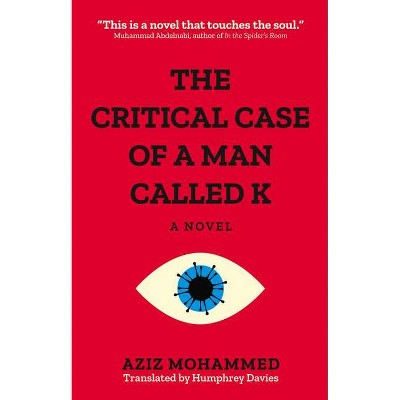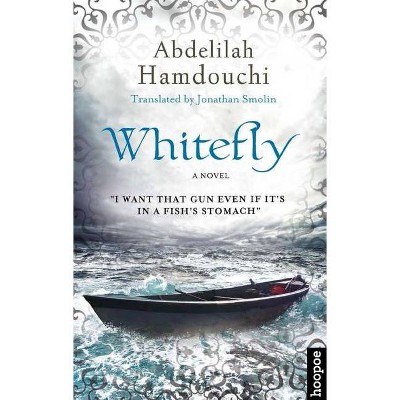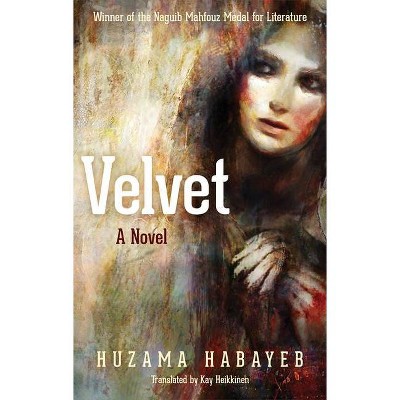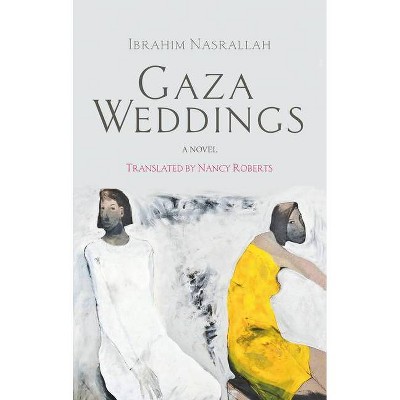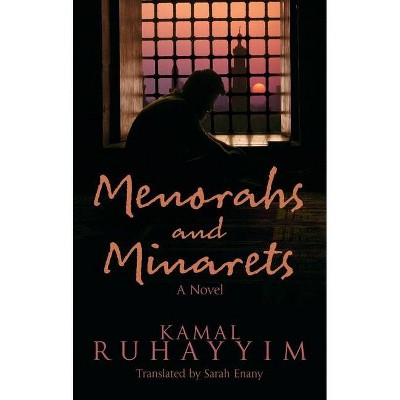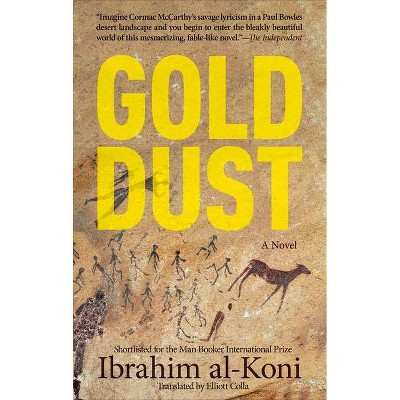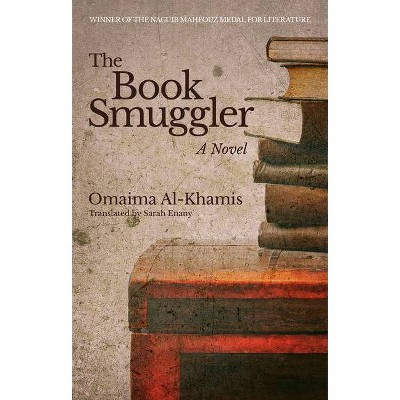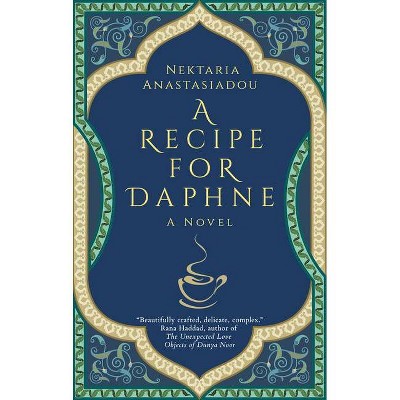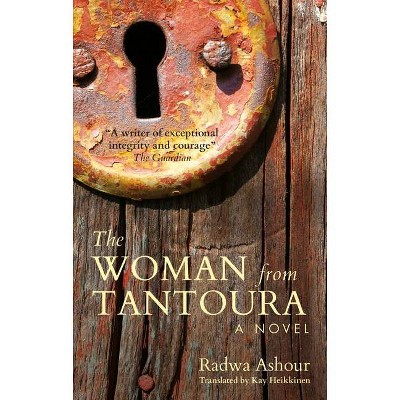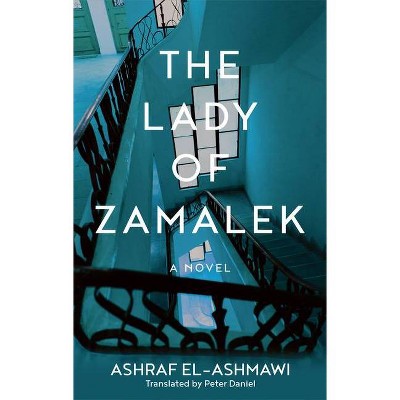Otared - (Hoopoe Fiction) by Mohammad Rabie (Paperback)
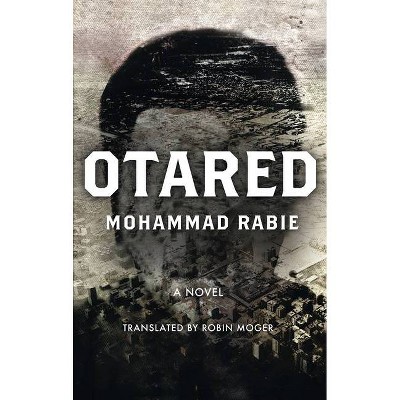
Similar Products
Products of same category from the store
AllProduct info
<p/><br></br><p><b> About the Book </b></p></br></br>2025: fourteen years after the failed revolution, Egypt is invaded once more. As traumatized Egyptians eke out a feral existence in Cairo's dusty downtown, former cop Ahmed Otared joins a group of fellow officers seeking Egypt's liberation through the barrel of a gun. As Cairo becomes a foul cauldron of drugs, sex, and senseless violence, Otared finally understands his country's fate. In this unflinching and grisly novel, Mohammad Rabie envisages a grim future for Egypt, where death is the only certainty.<p/><br></br><p><b> Book Synopsis </b></p></br></br>2025: fourteen years after the failed revolution, Egypt is invaded once more. As traumatized Egyptians eke out a feral existence in Cairo's dusty downtown, former cop Ahmed Otared joins a group of fellow officers seeking Egypt's liberation through the barrel of a gun. As Cairo becomes a foul cauldron of drugs, sex, and senseless violence, Otared finally understands his country's fate. In this unflinching and grisly novel, Mohammad Rabie envisages a grim future for Egypt, where death is the only certainty.<p/><br></br><p><b> Review Quotes </b></p></br></br><br><br>"Gritty."--<em></em><strong><em>New York Times</em></strong><em><p></p></em><br>"More than just a portrait of a bleak future, this novel is of course a trenchant critique of modern Egypt. In Robin Moger's deft translation, Rabie's deployment of irony is skillfully rendered, a tool he uses to invert his country's contemporary characteristics in an attempt to underscore the absurdity of his narrative."--<em></em><strong><em>Culture Trip</em></strong><em><p></p></em><br>"Reading <em>Otared</em> is by and large like having a hand grasping the back of your head, forcing you to look through photos from hell."--<strong>Marcia Lynx Qualey, </strong><strong><em>The National</em></strong><strong><p></p></strong><br>"Part early Ian McEwan, part Philip K. Dick, Mohammad Rabie's apocalyptic take on the Arab Spring in Egypt is an expressionist coupurgent, disturbing, and eminently readable."--<strong>Youssef Rakha</strong>, author of <em>The Crocodiles</em> and <em>The Book of the Sultan's Seal</em><p></p><br>"A book of perverse and stomach-curdling violence that would have been unthinkable before the 2011 revolution, which inspired it."--<em>Times Literary Supplement</em><p></p><br>"A fulfilling read that is honest in its depictions and provides a haunting look at the effect of war and at people who have seen too much of it."--<em>Portland Book Review</em><p></p><br>"The world Rabie paints reminds me very much of the insane landscape in Paul Auster's 'In the Country of Last Things, ' with its violence, its cruelty, and its bizarre customs. . . . No science fiction novel has gut punched me this hard for a long, long time. . . . Mohammad Rabie is an emerging force in Egyptian letters"--Sean McLachlan, Black Gate blog<p></p><br><br><p/><br></br><p><b> About the Author </b></p></br></br><br>Born in 1978, <strong>Mohammad Rabie</strong> is the author of three acclaimed novels. His first novel, <em>Amber's Planet</em>, won first prize in the Emerging Writers category of the Sawiris Cultural Award in 2012. He lives in Cairo, Egypt. <p/><strong>Robin Moger </strong>studied Egyptology and Arabic at Oxford University before working as a journalist in Cairo for six years. He is the translator of <em>A Dog with No Tail </em>by Hamdi Abu Golayyel (AUC Press, 2009) and <em>Women of Karantina</em> by Nael Eltoukhy (AUC Press, 2014), and his translation for <em>Writing</em> <em>Revolution </em>(2013) won the 2013 English PEN Award for outstanding writing in translation.<br>
Price History
Price Archive shows prices from various stores, lets you see history and find the cheapest. There is no actual sale on the website. For all support, inquiry and suggestion messages communication@pricearchive.us
